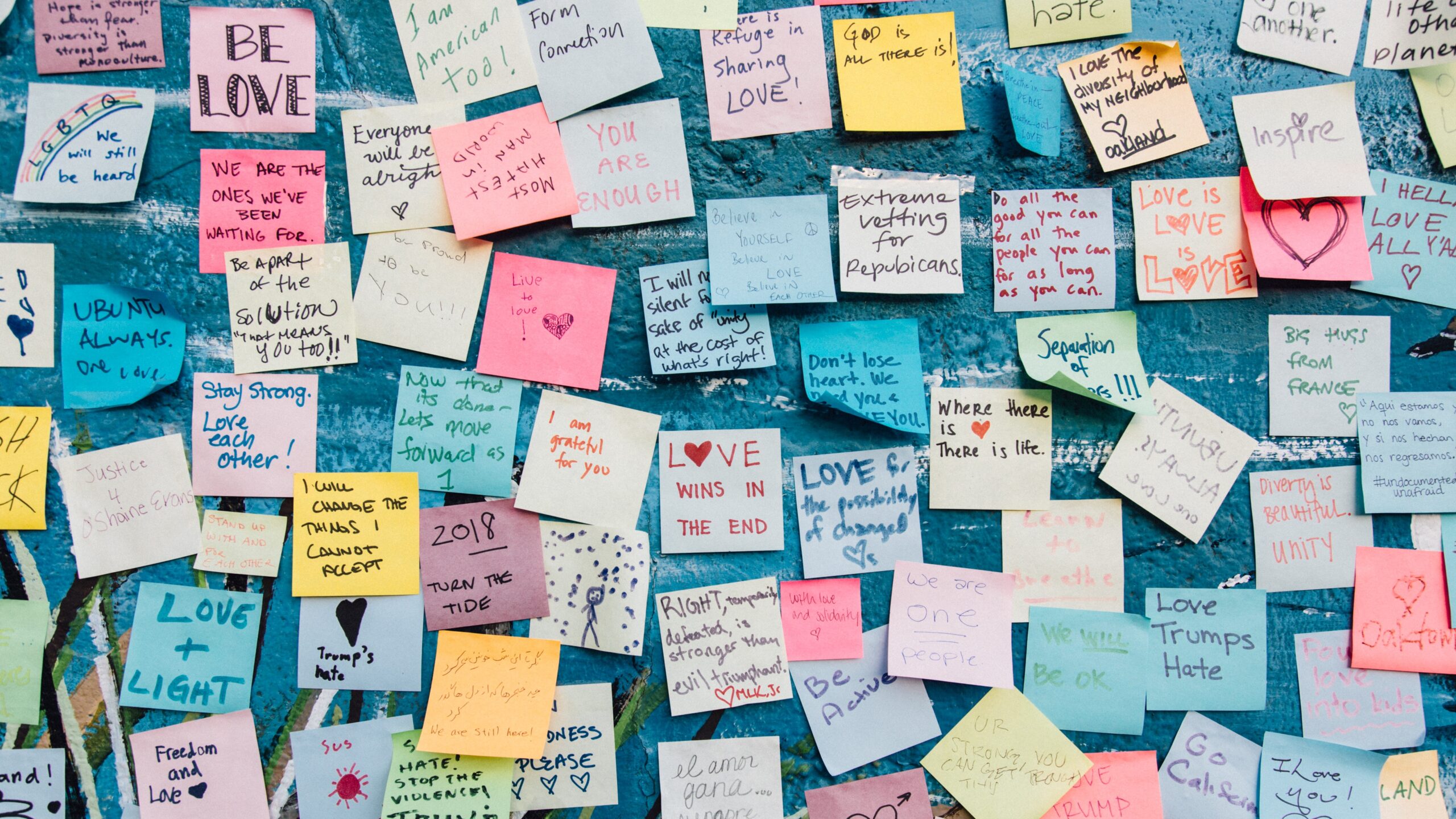“Look at other brother’s, how much they love their sisters.” said my mother to me, when my relationship with my sister was strained. It made me feel guilty. My inner critic said “You are not a good brother!”. This was not the first time my mother highlighted my inadequacy as a brother. Every now and then I was reminded of how I did not measure up to being a ‘good brother’ or a ‘responsible son’ compared to other brothers and sons of the world.
I am certain my mother did not do research on a sizable population of brothers and sons of this world, in order to form her conclusion on my performance. It was her way of wanting me to feel bad, so that I would do what she thought was good. That’s another thing when it comes to her giving me away as a one year old to my grandparents for upbringing, she sees it as a mistake of innocence na samajh or even a sacrifice.
The point of sharing this is not to wash my family laundry in public or to find faults with my mother. But to highlight how much damage we do to each other in the name of relationships. Or rather, by giving relationships a name.
Let’s do an experiment. Immediately below this sentence I am going to give some relationship labels. See which ones are most applicable to you. Reflect on them for a moment. And see what visuals, thoughts or feelings come to your mind.
Marriage. Husband. Wife. Committed. Relationship. Father. Mother. Brother. Sister. Son. Daughter. Boss. Employee. Boyfriend. Girlfriend. Engaged. Volunteer. Friend. Best Friend. 2 am Friend.
If you reflected on any of the above relationship labels, you would have noticed something. As soon as your attention dwells on any of these words, it evokes a bunch of images, thoughts and emotions, based on what these words mean to you. As though each word has an associated pop up menu of desired behaviour.
For example when I think of the word son, I think of dutiful, responsible and agyakari. And the visual that comes to my mind is of Mohnish Bahl’s smiling face in a Rajashree production. And when I think of brother, I think of Dev Anand singing “Phoolo ka taaro ka sabka kehna hai, ek hazaaron main meri behna hai…” to Zeenat Aman in Hare Rama Hare Krishna.
But the reality is that my family life has not been an adarshwadi Rajashree movie or a sweet saccharine Bollywood song. It is more like Anurag Kashyap’s ‘Gangs of Waseypur’. Dysfunctional to say the least. Yet when it comes to family relationships the expectation is that I should be a sanskari bhai aur beta. And when I don’t fulfill that obligation I feel guilty.
So what is the point I am trying to make here?
The point is that most of our relationships are run on the twin engines of ‘expectations’ and ‘obligations’.
And one of the core reasons for this is our conditioning around relationship words. Each of these evoke different energies in us as set patterns of behaviour based on cultural conditioning . A son has to behave like this. A wife is expected to do that. A mother has to sacrifice like this. An employee has to serve like that.
Society pigeonholes us into roles. And each role comes with its set of expectations and obligations (E&O). But the problem really starts when we start believing these roles as who we are. And absorb the E&Os as the charter for our social behaviour. When we do that, we perform violence at two levels.
We force ourselves to behave in a way that is not in line with our current reality. And we force others to behave in a way that is not in line with their current reality.
“What is current reality?” you ask.
What we are feeling right now, is our current reality. In a relationship this means being attentive to our emotions, feelings and thoughts. Rather than disregard them for the sake of ‘playing a role’ we bring these into the relationship. By sharing what we really feel, what we really think and what we really want.
Most people are unable to bring such authenticity in relationships because they are fearful of the outcome. Also because they do not know what they really want. And even if they do, they are scared of the consequences of pursuing what they want. Nobody in her ‘right mind’ wants to risk isolation. So we live our lives ruled by expectations and obligation.
But imagine for a moment, that all our mental conditioning is deleted. All relationship words are erased from our mind. And along with that the ‘behaviour template’ associated with them. How would we then relate to others? If there was nothing to tell us how a son, daughter, wife, brother or friend must behave.
We would relate out of freedom and responsibility rather than expectations and obligations.
We can only be authentic when our actions stem from freedom. When no one is pressurizing us, including our own thoughts, to behave in a particular way. Then we can truly say we are being responsible. Else we are simply conforming to how others and our own conditioning (which are the same thing) want us to behave.
Absolute freedom means absolute responsibility.
Responsible people do not seek validation from others. They also avoid misusing their freedom. Because they do not blame others for their misery. Neither do they seek sympathy for their pain. It does not make them less human. It just makes them free of the need to prove themselves to others. And willing to accept their vulnerability for what it is. They are guided by their inner compass. The more they rely on it the better it becomes at guiding them.
Like right now. I am seeking guidance from my inner compass on how to end this article. In a way that the conclusion sums up the essence of what I am trying to say. As I wait for its guidance, I notice the sensations of my body. My breath. It makes me vulnerable not knowing what to say next. But the fact that I am sharing my vulnerability is itself saying something. And that is an example of relating from the moment as the moment.
Sometimes freedom and responsibility is about action and expression. Sometimes it is about inaction. But at all times it is witnessing of what is happening in the present moment.

